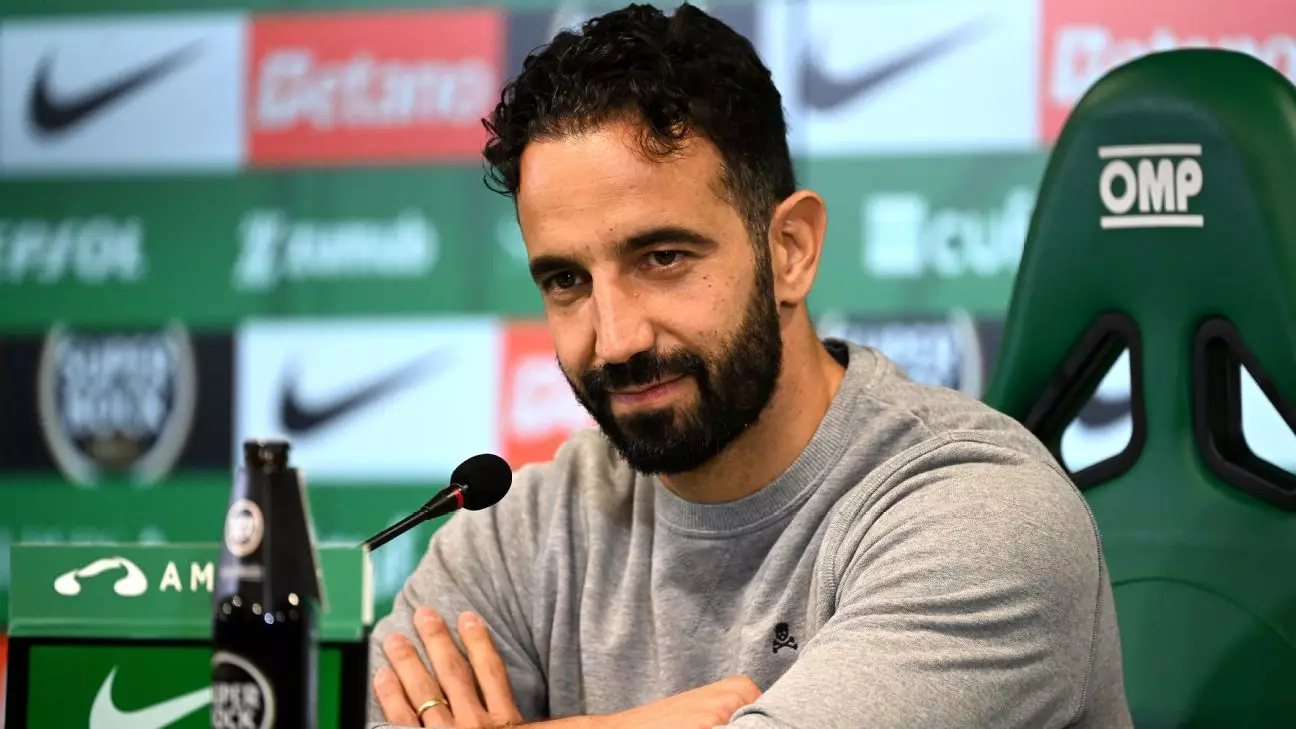The appointment of Rúben Amorim as Manchester United’s head coach marks a significant chapter in the club’s storied history. Beginning his tenure at Old Trafford on November 11, following his departure from Sporting CP, Amorim has signed a two-and-a-half-year contract. This move is indicative of Manchester United’s desire to reevaluate their strategies on the pitch, particularly regarding player contracts as several key figures face expiration at the end of the current season.
A host of players, including Victor Lindelöf and Christian Eriksen, are nearing the end of their contracts, prompting crucial discussions on their future with the club. Notably, Harry Maguire and Amad Diallo are also in similar situations, although both have options for contract extensions until 2026. The process of assessing their performances and fit within Amorim’s system will be pivotal, as the club appears keen to incorporate his insight into these vital decisions.
While under pressure to remain competitive, the management has opted to balance Amorim’s fresh approach with established protocols. The decision to involve him in discussions regards contract renewals, albeit with limited recruitment power, demonstrates a commitment to a consultative decision-making process. Such a strategy may cultivate a nurturing environment conducive to organizational growth.
Amorim’s tactical preference for a 3-4-3 system could significantly alter player roles and expectations at the club. His previous success at Sporting CP has drawn attention, as he now faces the challenge of instilling this formation within a squad that has, until now, operated under Erik ten Hag’s methodologies. The onus will be on players like Maguire, who experienced success in a three-man defensive setup with the England national team, to adapt to Amorim’s style. If they can embrace these tactical changes promptly, it could secure their positions despite existing contract uncertainties.
Notably, the club’s management has shown a willingness to entertain market opportunities for players such as Lindelöf. An injury during preseason hindered potential movements, yet with January approaching, Lindelöf could view this as a pivotal moment, especially given his familiarity with Amorim from their time at Benfica.
As Manchester United transitions under Rúben Amorim’s leadership, a keen focus on player development and contract negotiations will define the club’s future trajectory. While the head coach’s role in recruitment may be limited, his insights will undoubtedly shape the team’s culture and performance. Involving him in the decision-making process reflects a strategic effort to create harmony between management and coaching. Ultimately, the coming months will reveal how effectively Amorim navigates the complexities of player contracts while instilling his tactical ideology, a blend crucial for reviving Manchester United’s fortunes in both domestic and European competitions.


Leave a Reply